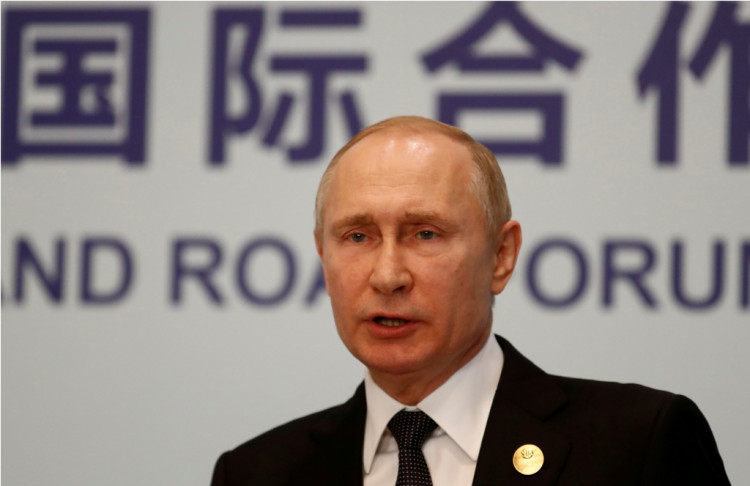Five scientists working on Russia's experimental nuclear powered nuclear cruise missile, the 9M730 Burevestnik (NATO reporting name: SSC-X-9 Skyfall), were among eight people killed last week when a rocket engine for this weapon exploded during a test.
Scientists in neighboring Norway detected a spike in nuclear radiation from the blast site 20 times their normal level for half an hour. Russia hasn't revealed how much fissile material and radiation was released into the atmosphere by the explosion.
Burevestnik (or petrel) was one of six new Russian strategic weapons unveiled by President Vladimir Putin on March 1, 2018. This weapon is designed to be capable of penetrating any Western interceptor-based missile defense system. Russia claims Burevestnik has unlimited range and the ability to evade missile defenses.
Memorial services for the scientists, who died Aug 8, were held Monday in Moscow. The explosion took place at the Nenoksa military testing ground in the Arkhangelsk region in the north of European Russia. Testing of the Burevestnik was moved to Nenoksa earlier this year.
The Rosatom State Nuclear Energy Corporation, the Russian nuclear energy agency, confirmed the release of radiation in Severodvinsk in northern Russia. It said this explosion was linked to an accident involving the test of an "isotope power source for a liquid-fuelled rocket engine," causing the deaths of eight people.
The isotope power source was later corrected and was described as an "isotope power source in a liquid propulsion system." The Ministry of Defense of the Russian Federation said the explosion occurred during testing of a rocket engine.
In a video statement released Sunday, an official from the Russian Federal Nuclear Center (RFNC-VNIIEF), said the agency is working on a number of experimental technologies, including "miniaturized sources of energy using [fissile] materials."
Vyacheslav Solovyov, RFNC-VNIIEF scientific director, said similar work on "small-scale nuclear reactors" is also taking place in the U.S.
"We are now trying to understand, we are working closely with a government commission, analyzing the entire chain of events to assess the scale of the accident and to understand its causes," said Solovyov.
Independent Western experts are of the view the explosion appeared to have been caused by the failure of the Burevestnik in a test, said David Cullen, director of the Nuclear Information Service in the United Kingdom.
Jeffrey Lewis, a U.S. arms control specialist with the Middlebury Institute of International Studies, said suspicions in the arms control community "is that something went wrong during or after a Russian test of its nuclear-powered cruise missile."






